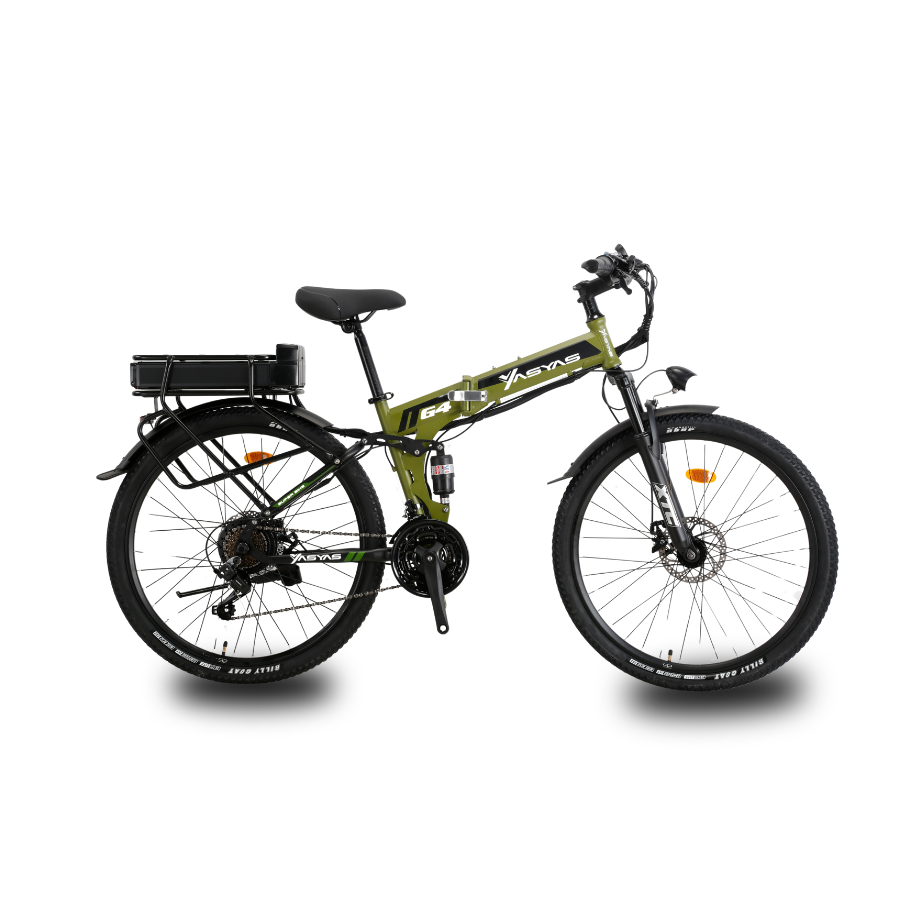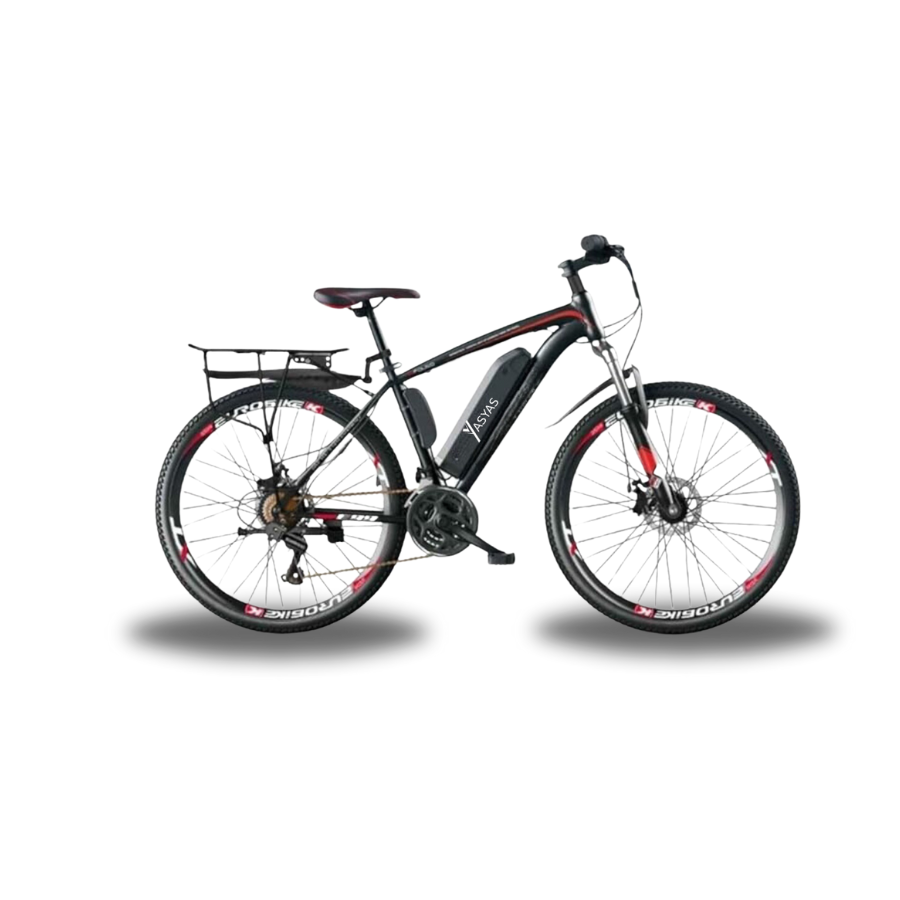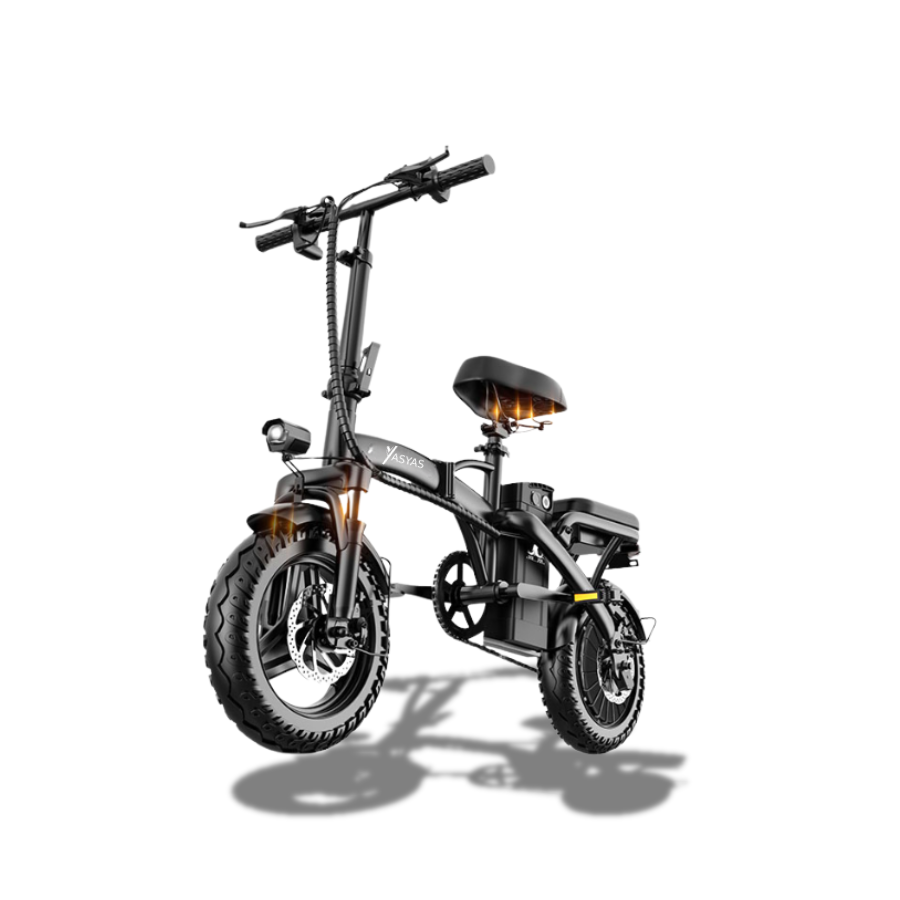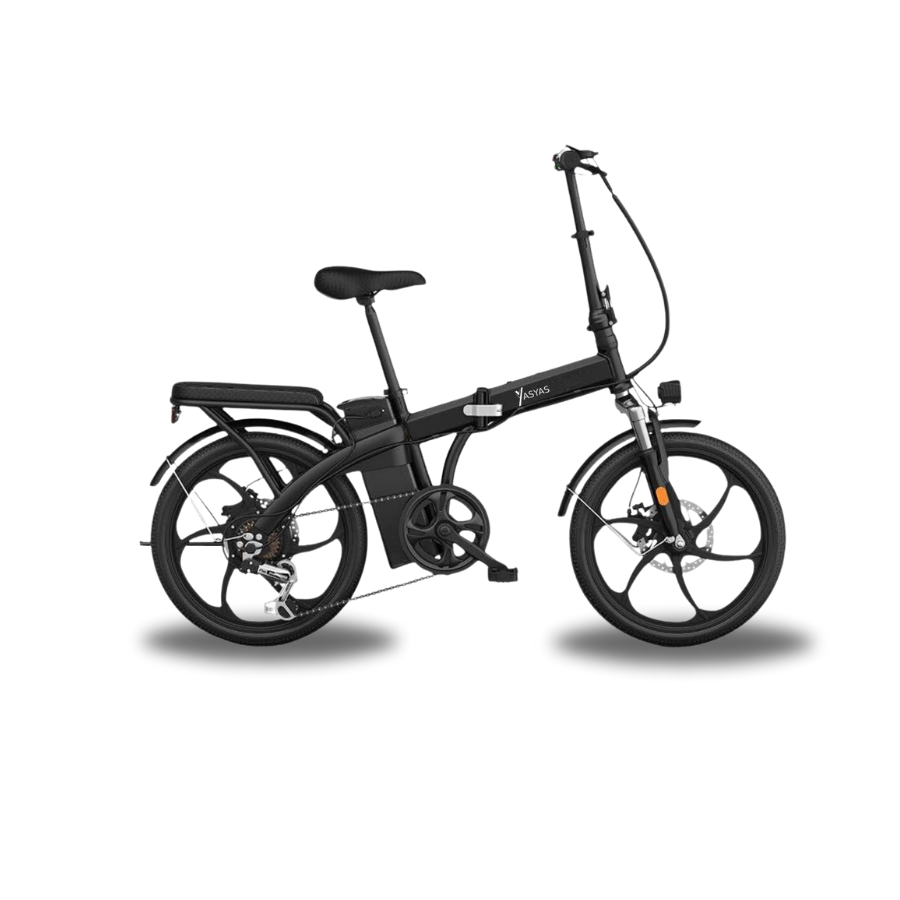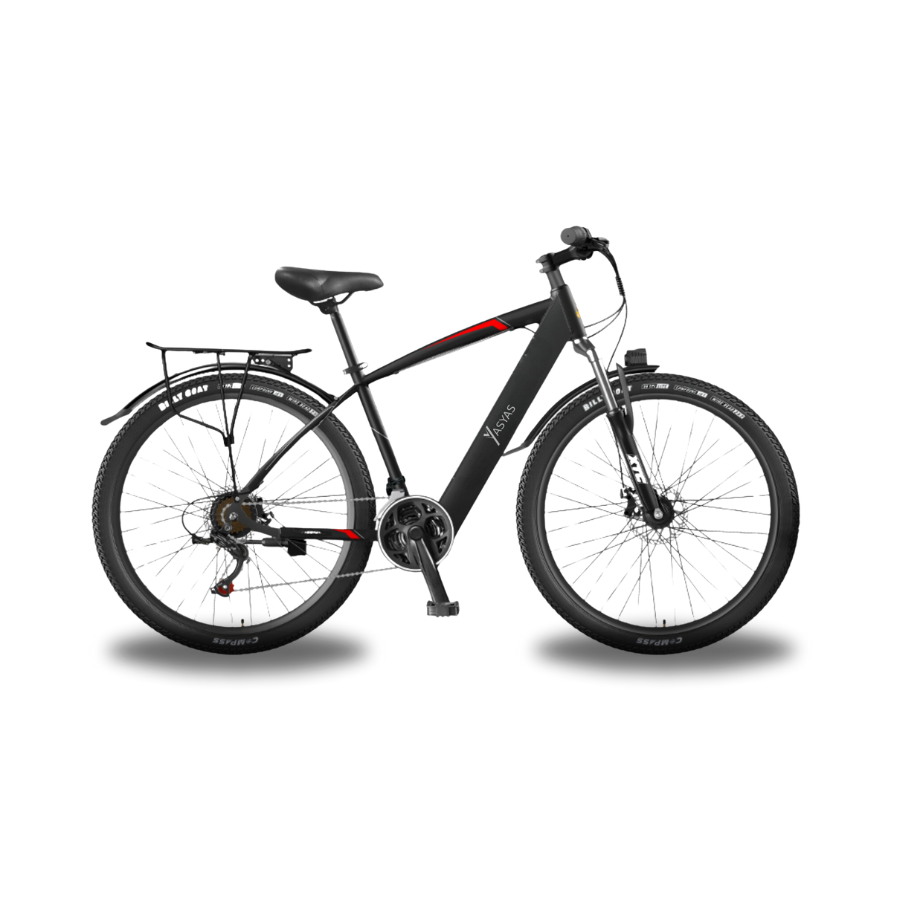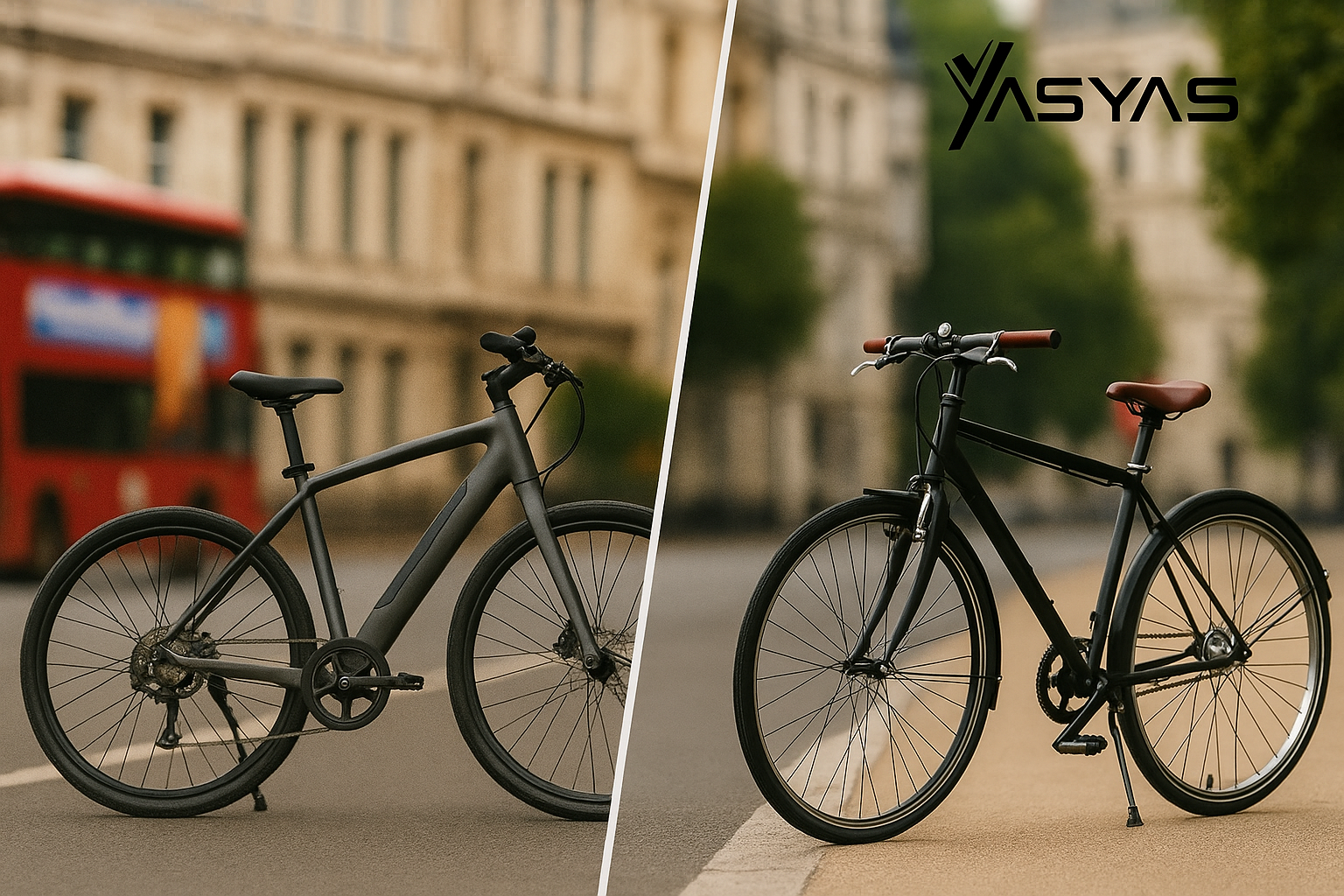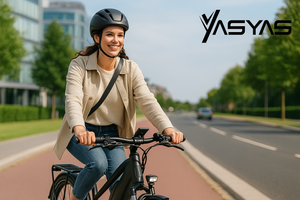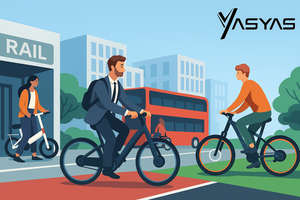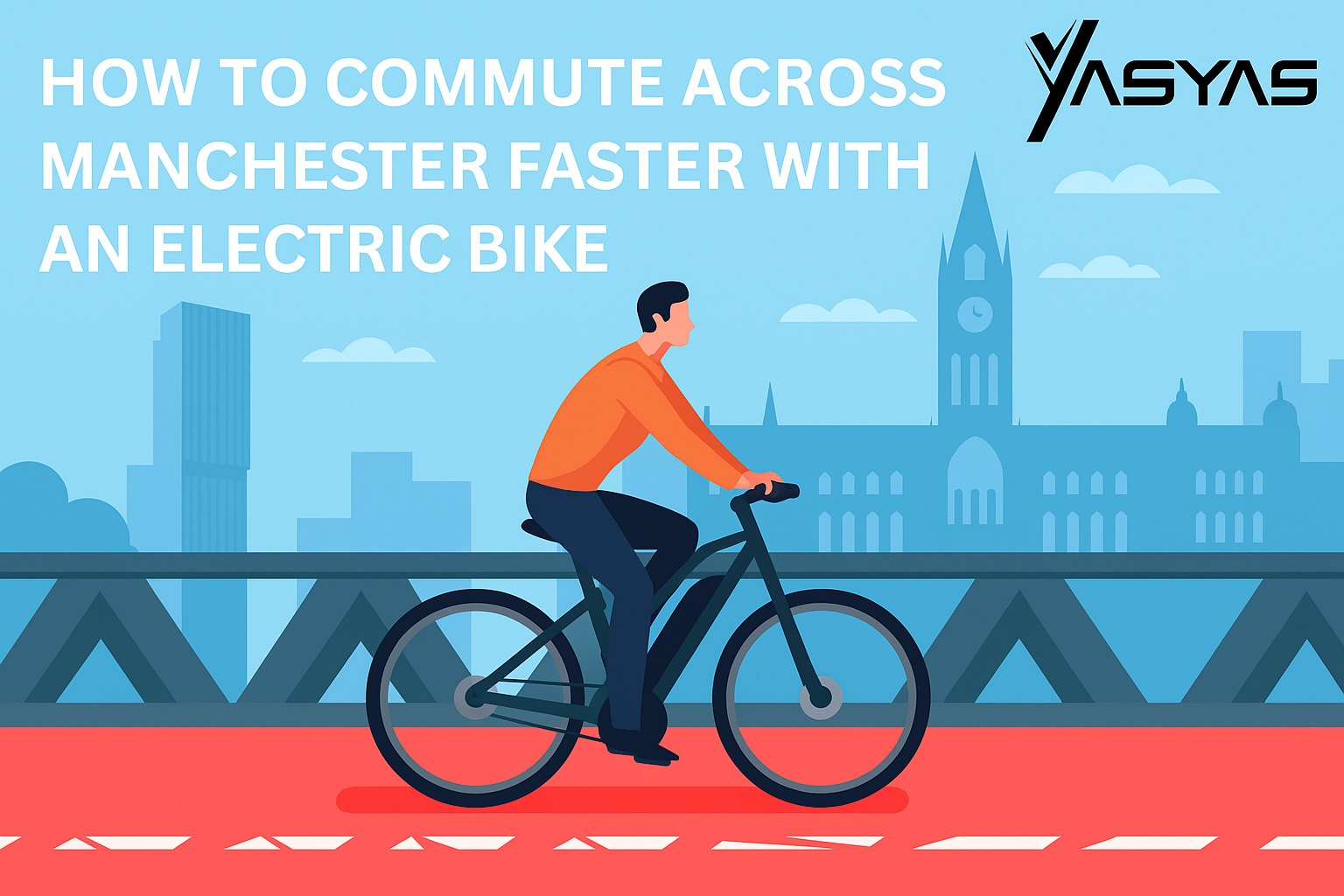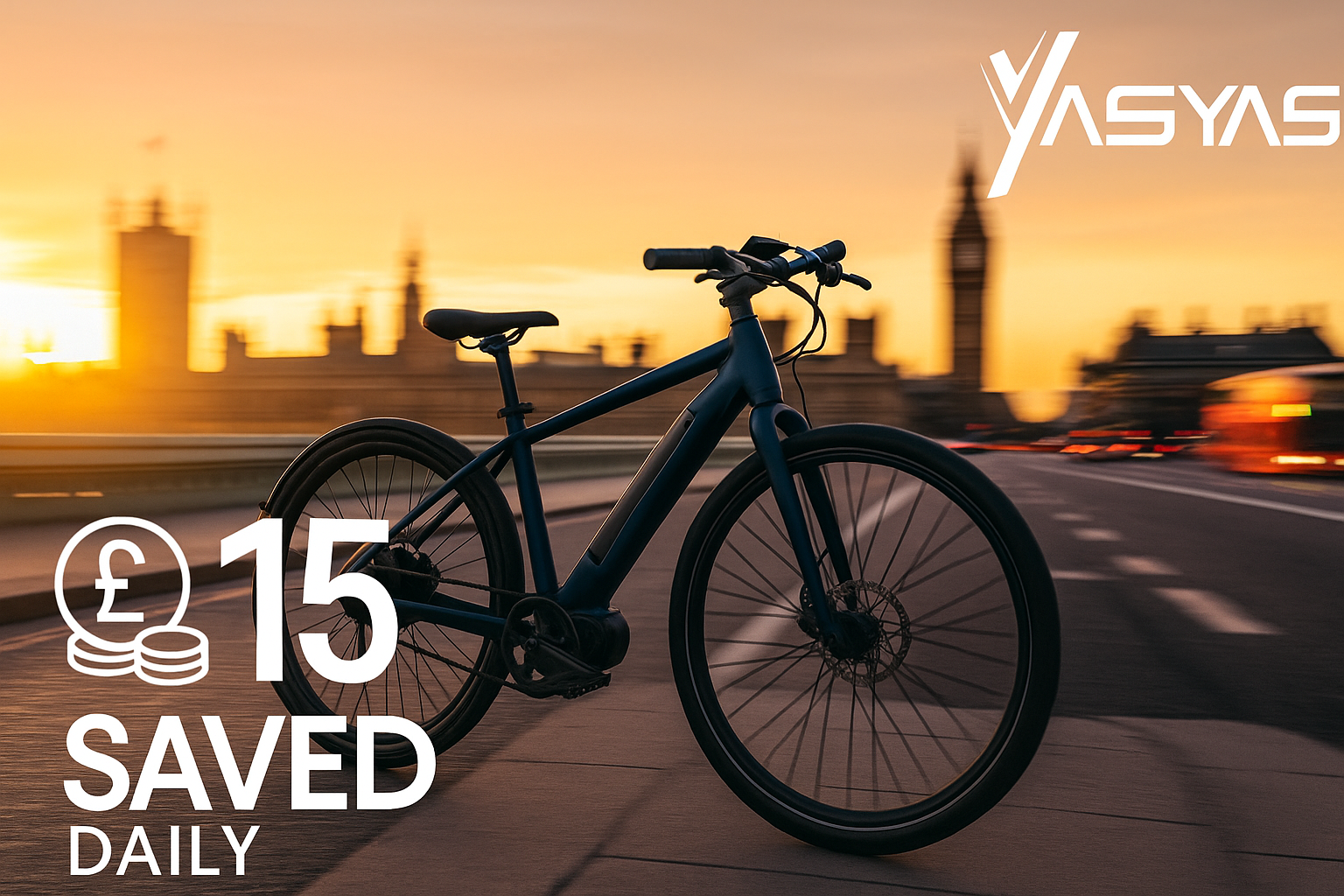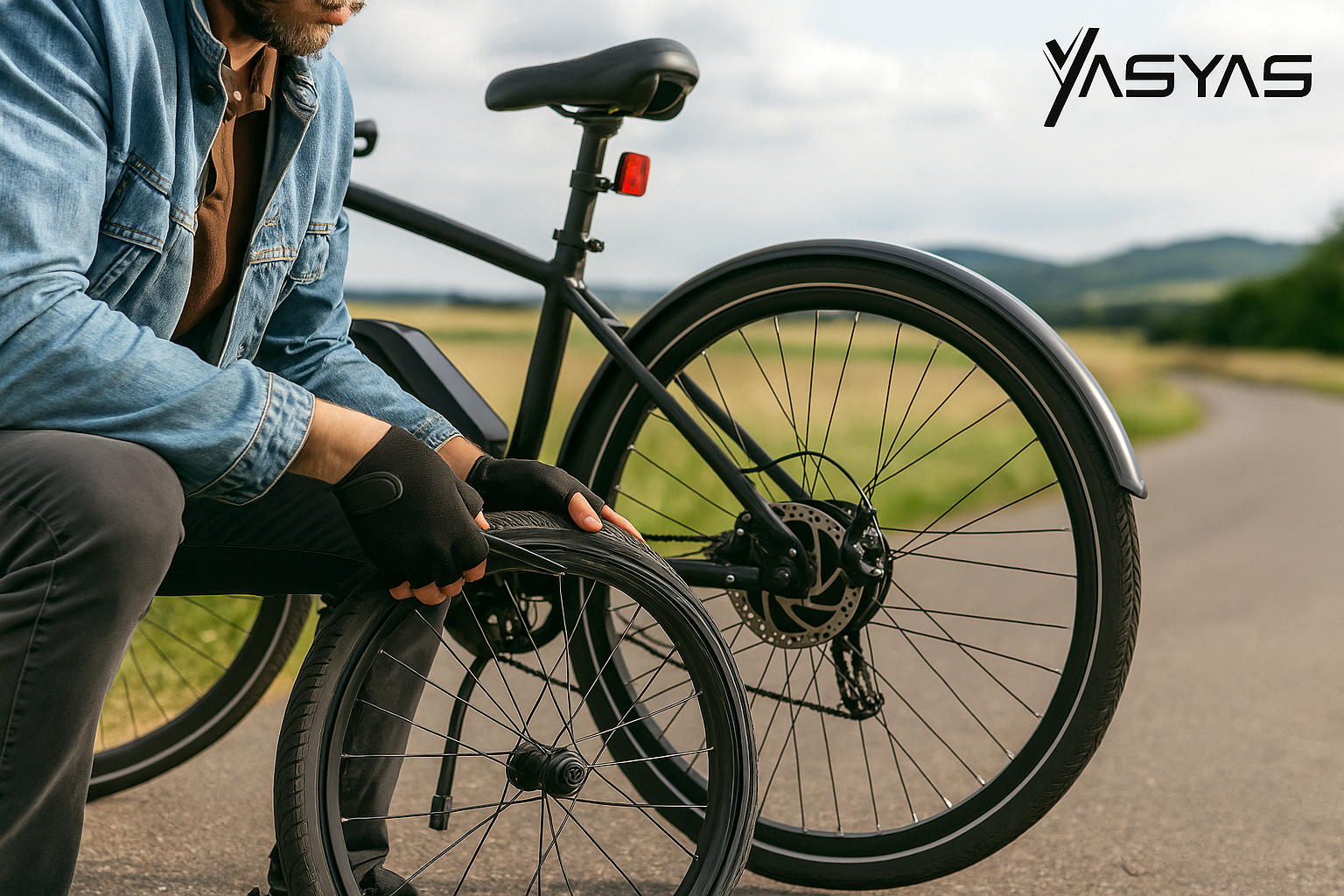Across the UK, cycling is firmly part of the everyday routine. City riders pack London’s busy cycle lanes, while leisure cyclists head to places like the Lake District for scenic weekend routes. But the big question many riders now face is simple: stick with a traditional push bike or invest in an electric bike? Let’s take a closer look at how they compare in real life.
What Really Sets an E-Bike Apart?
At first glance, you might not notice the difference. An electric bike looks very much like a normal bicycle. The magic is in the motor and battery that give you a push when you need it. Anyone who has slogged up Box Hill in Surrey will understand why that little boost can make the difference between enjoying the climb and dreading it. A regular cycle leaves it all up to your legs, which some riders prefer for the sense of achievement.
Why Electric Bikes Are Catching On Across the UK
The popularity of e-bikes isn’t just a fad. Fuel costs keep climbing, train fares seem to rise every year, and driving into city centres is less practical than ever. Electric bikes are giving people a new way to travel — quicker than walking, cheaper than a car, and less hassle than waiting for a delayed bus. One customer from Bristol told us, “I never thought I’d cycle to work every day, but my e-bike means I can leave the car at home and still arrive fresh.” Stories like this are becoming more and more common.
Commuting: Which Option Feels Better?
Anyone who’s tried to cross central London in rush hour knows it’s a challenge. On a standard bicycle, you rely only on your own power, which is fine for shorter flat routes. But if you’ve got hills to deal with, or a 10-mile ride ahead, you may arrive tired or in need of a shower. With an e-bike, the motor smooths out the ride. You can cover longer distances without worrying about burning out before the workday has even started.
Comparing the Costs
Yes, a push bike is cheaper upfront. But let’s break it down. Charging an electric bike battery in the UK costs only pennies, and most batteries last for dozens of miles. Compare that with parking fees in Manchester, petrol prices, or even a monthly train pass, and the e-bike quickly pays for itself. Thanks to cycle-to-work schemes, the initial price isn’t as daunting as it once was either. Over time, the savings add up.
Do Electric Bikes Count as Exercise?
The short answer is yes. You’re still pedalling, your muscles are still working, and your heart rate still rises. The difference is that you control how much help you get from the motor. Riders who once struggled with steep climbs or longer routes often find themselves cycling more often with an e-bike than they ever did with a normal bicycle. One Yasyas customer in Leeds told us, “I ride five days a week now, whereas I barely managed once a week on my old bike.”
The Greener Choice
Both types of bikes are brilliant for the environment, but e-bikes are helping to convert people who might otherwise stick to cars. In places like Cambridge or Oxford, where cycling is already popular, e-bikes are drawing in commuters who wouldn’t normally cycle. Fewer cars mean cleaner air, less noise, and quicker journeys for everyone. Whether you ride traditional or electric, you’re part of the solution.
Maintenance and Battery Care
Regular cycles are simple to maintain: pump the tyres, oil the chain, and you’re set. E-bikes need a little more attention, but nothing complicated. Most models in the UK give you a range of 25 to 70 miles on a single charge, which is plenty for daily use. Plugging it into a household socket overnight is all it takes. Aside from that, the upkeep is very similar to a normal bike — brakes, gears, and tyres all need the usual care.
Which Bike Should You Choose?
If you are drawn to simplicity, a traditional bike could be your perfect match. It’s light to ride, easy to store, and ideal for quick journeys. But if your journey is longer, includes hills, or you just want to make cycling a little easier, an electric bike is well worth considering. Many UK riders end up with both — a regular bike for weekend spins and an e-bike for the Monday-to-Friday commute.
Final Thoughts
The debate of e-bike versus regular bike doesn’t have a single right answer. What matters is choosing the one that makes you ride more often and enjoy it. Electric bikes are helping thousands of people in the UK rediscover cycling — not as a chore, but as a genuinely fun way to travel. If you’re ready to experience the difference, explore the latest range of e-bikes at Yasyas.com and find the model that fits your journey.

